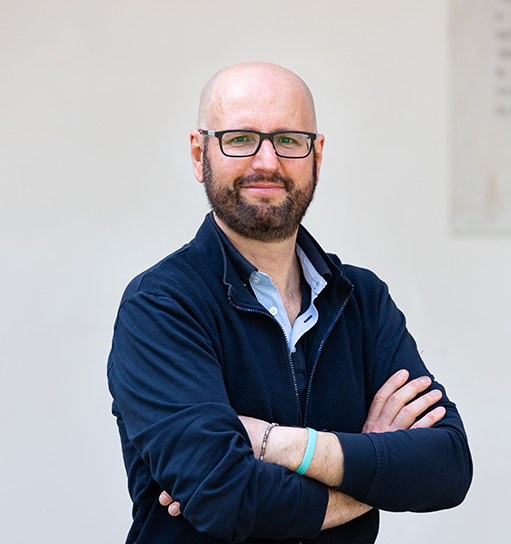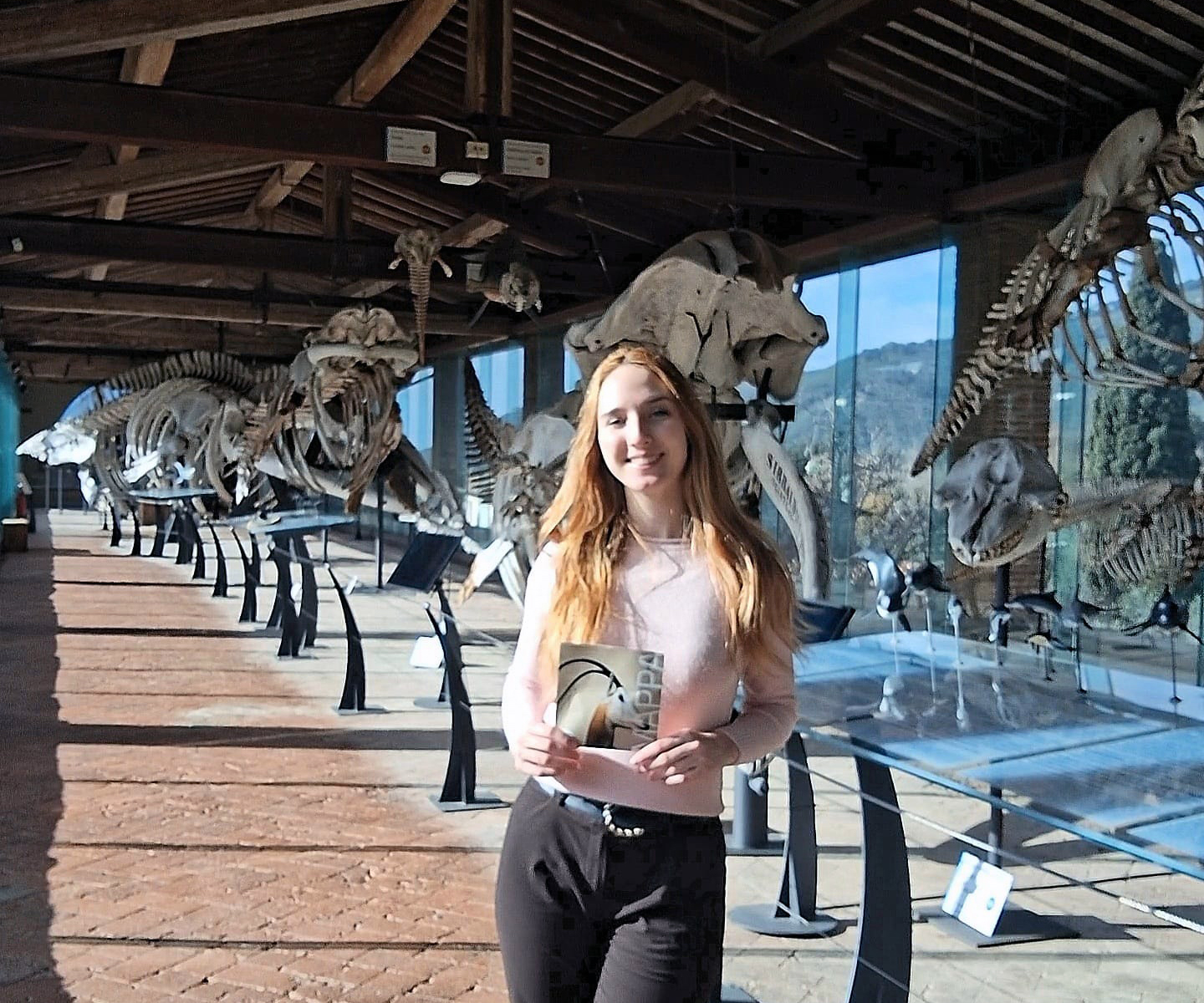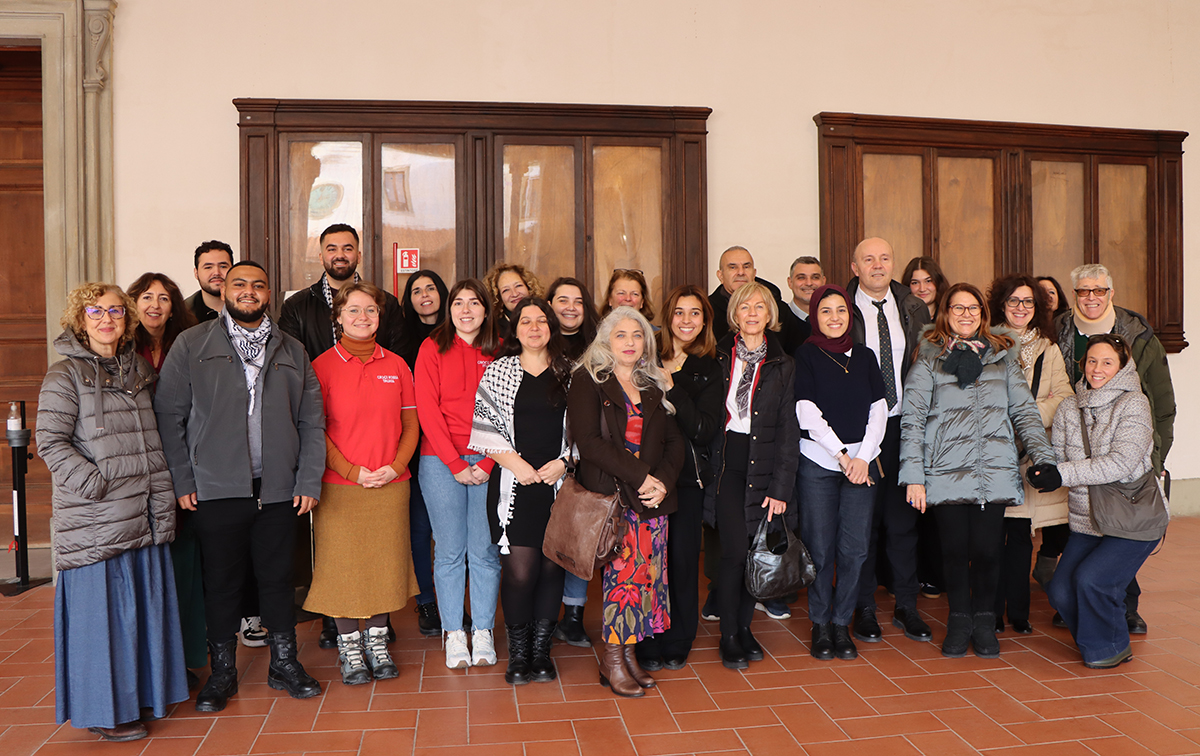From cybersecurity to neurological rehabilitation, and sustainable solutions for machine tools — three projects from the University of Pisa have been selected for funding under the Italian Fund for Applied Sciences (FISA 2023). This program, launched by the Italian Ministry of University and Research, supports high-impact ideas aimed at industrial innovation in synergy with Italian companies. The University of Pisa has secured over 8 million euros in funding, with initiatives led by professors Giuseppe Iannaccone, Giuseppe Prencipe, and Manolo Garabini.

CyberSiliconID, the project led by Giuseppe Iannaccone, tackles the critical challenge of cybersecurity by offering a solution to protect against the counterfeiting of objects, documents, and data. The project centers on the development of a hardware and software authentication infrastructure based on new silicon chips capable of implementing high-entropy physical cryptography techniques. CyberSiliconID has received 4.6 million euros and will be developed by the Department of Information Engineering in collaboration with Clavis, an innovative startup focused on hardware solutions for cybersecurity and artificial intelligence.

RehAI – Pioneering AI-Driven Solutions for Advanced Rehabilitation Services, led by Giuseppe Prencipe, aims to revolutionize neurological rehabilitation by integrating artificial intelligence into both clinical and at-home rehabilitation devices. By analyzing large volumes of clinical data, RehAI seeks to offer personalized treatment plans, enhance outcome prediction, and facilitate the transition to home-based rehabilitation. The project, awarded approximately 2.7 million euros, is being developed by the Department of Computer Science in collaboration with Khymeia, a leading Italian company specializing in high-tech medical devices for rehabilitation and telerehabilitation.

Reducing energy consumption and manufacturing costs in industrial machinery is the goal of OCCAM – Optimal Control for Computer-Aided Manufacturing, coordinated by Manolo Garabini. Using advanced artificial intelligence techniques, the project aims to cut cycle and management times by 30% by simplifying programming processes. OCCAM has received around 3,7 million euros in funding, and is being developed by the Department of Information Engineering and the Enrico Piaggio Research Center at the University of Pisa, in collaboration with Eurosoft, a company specialized in automation systems for cutting technologies.
(Translated with the support of ChatGPT)



